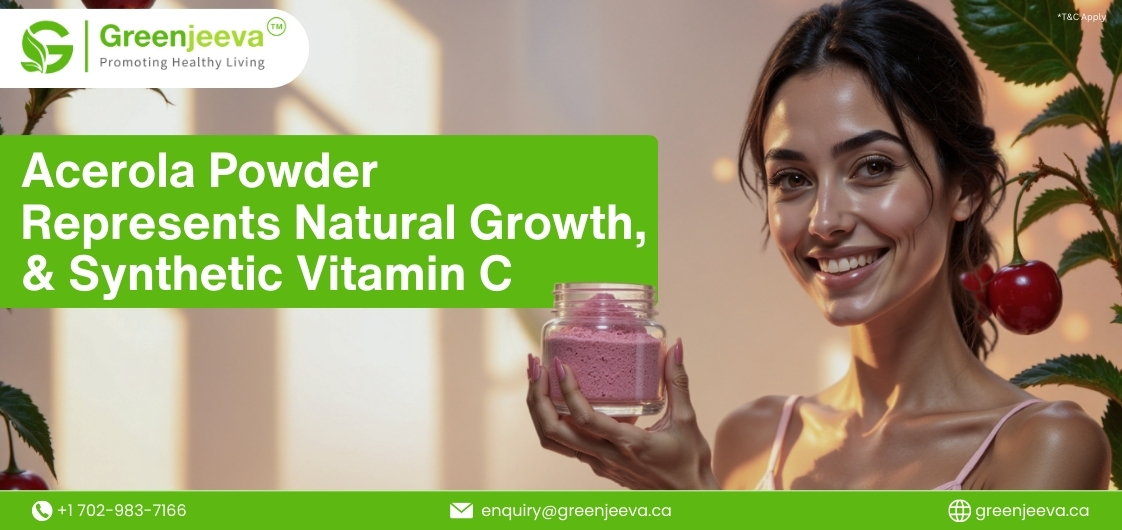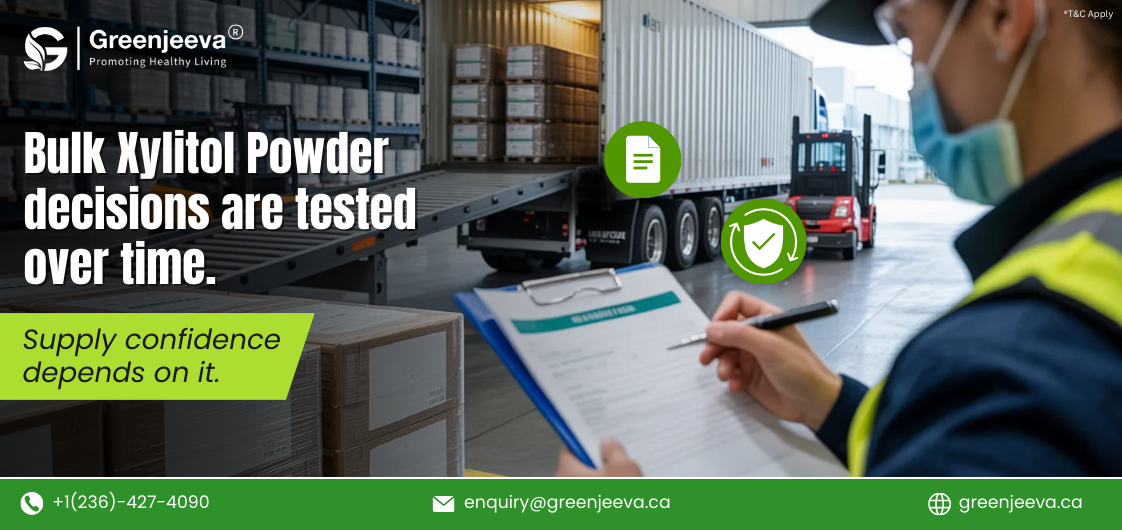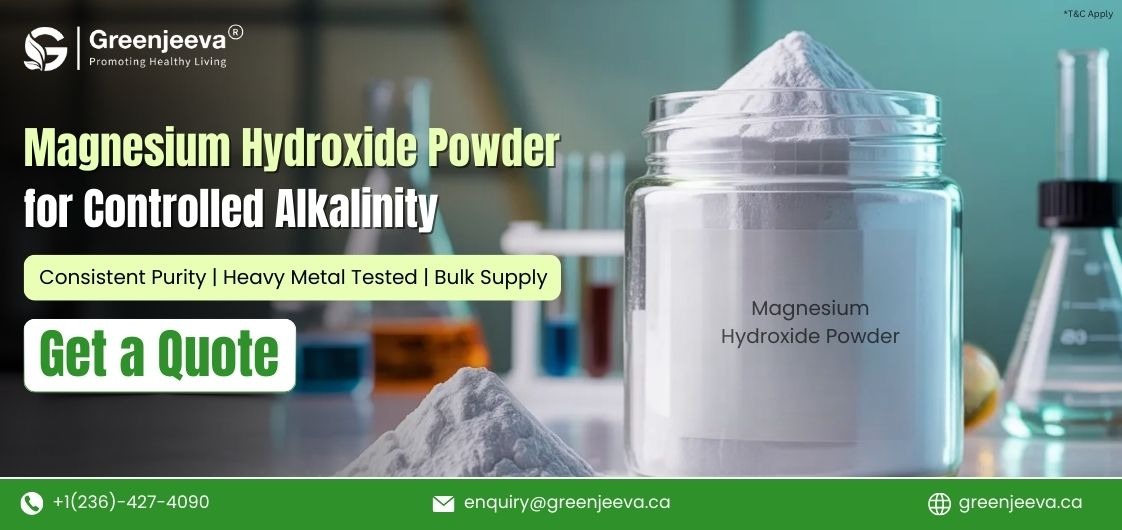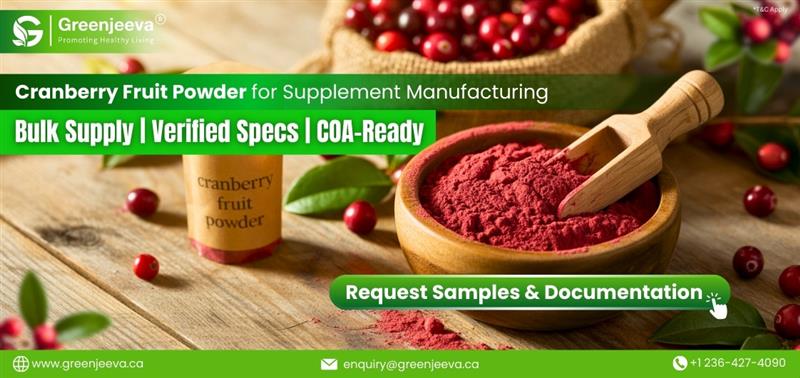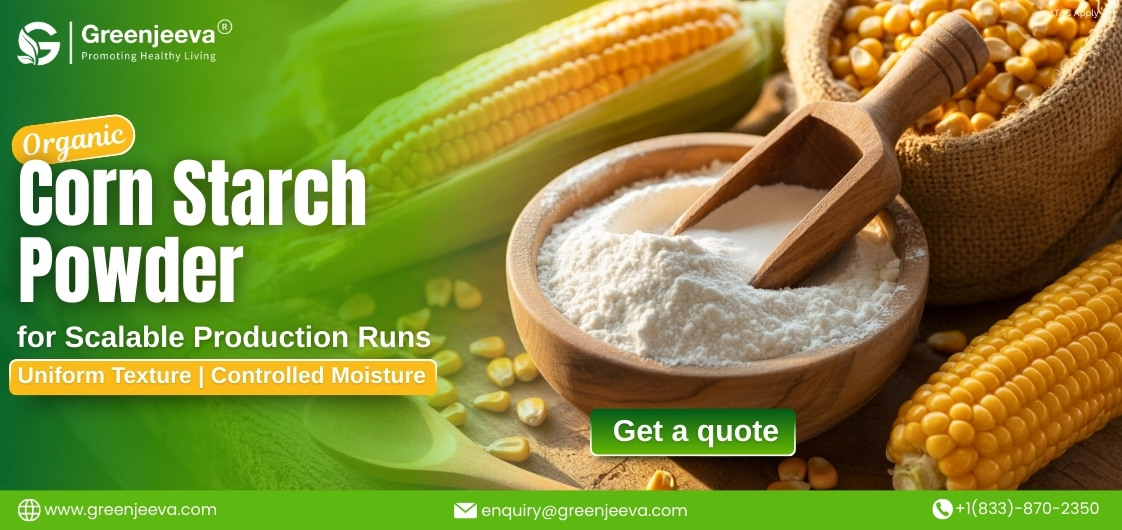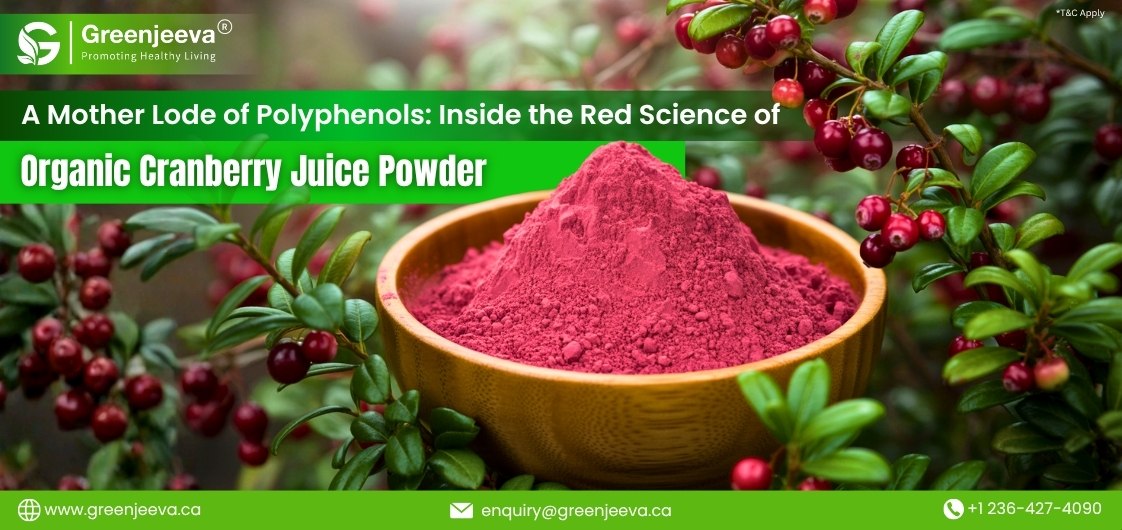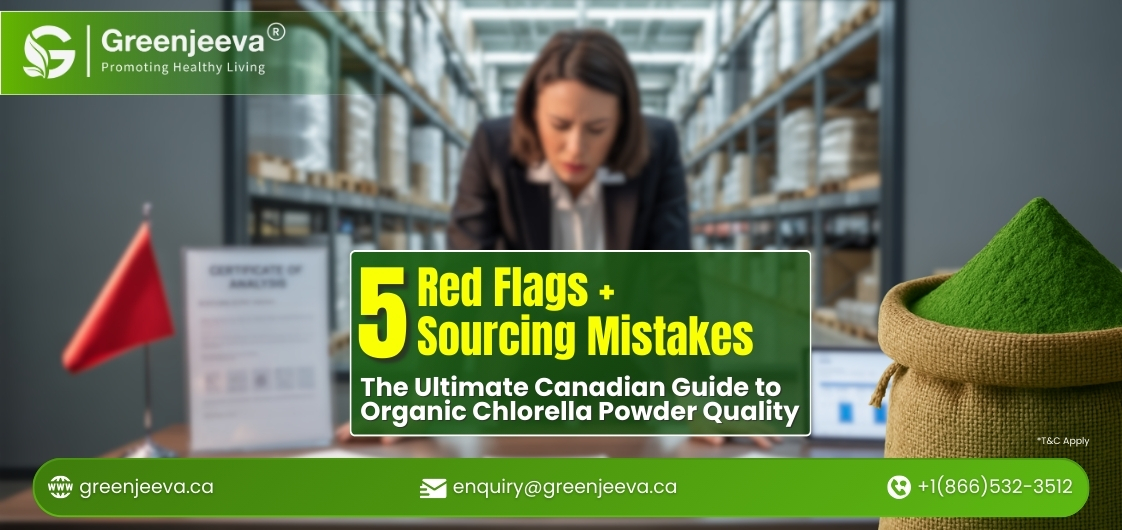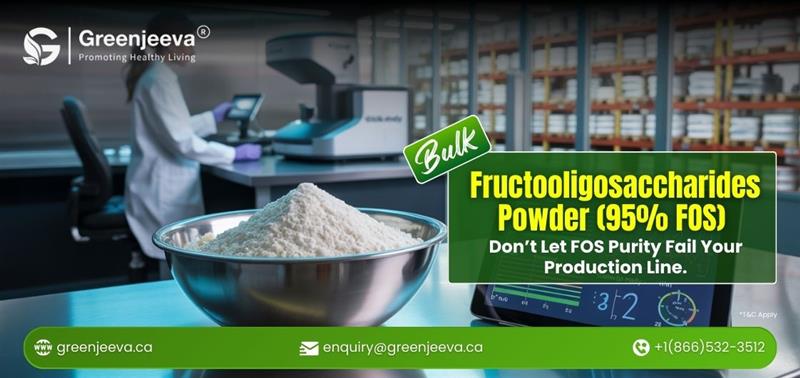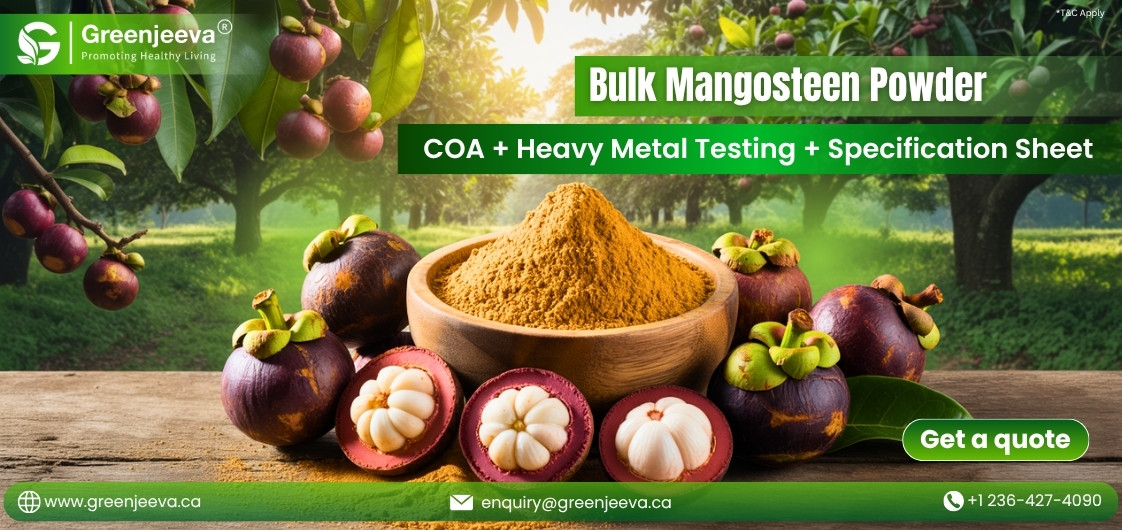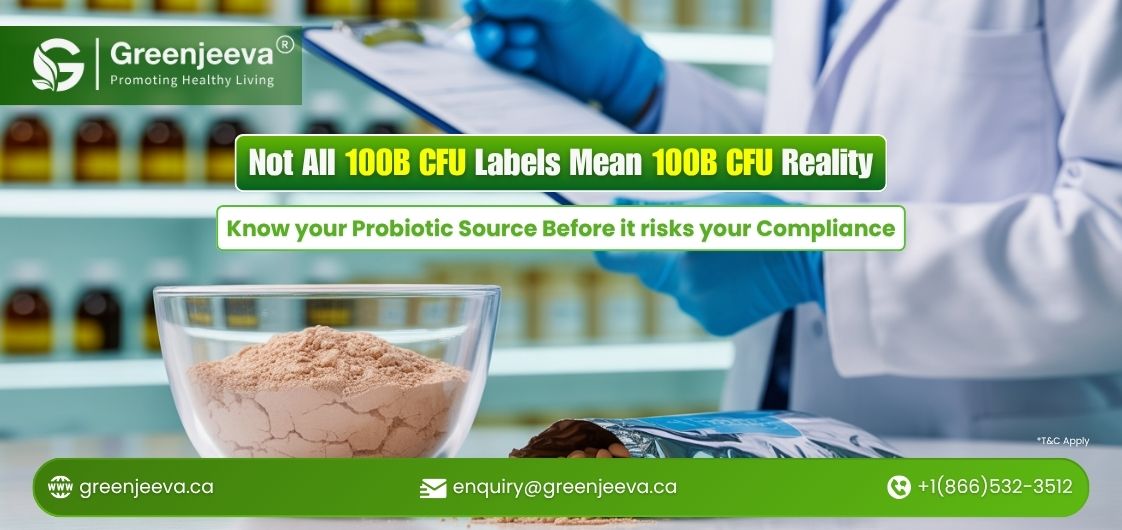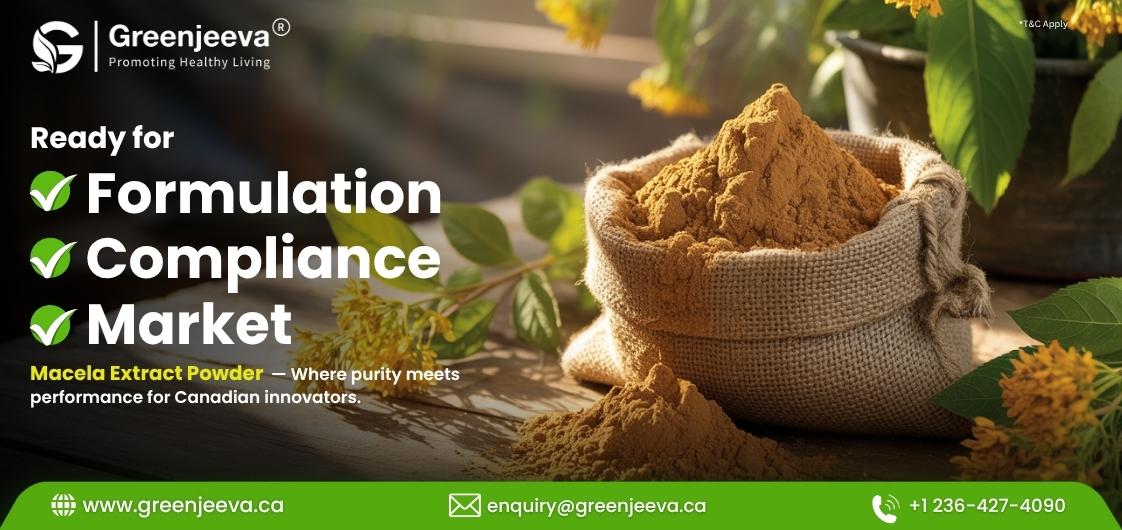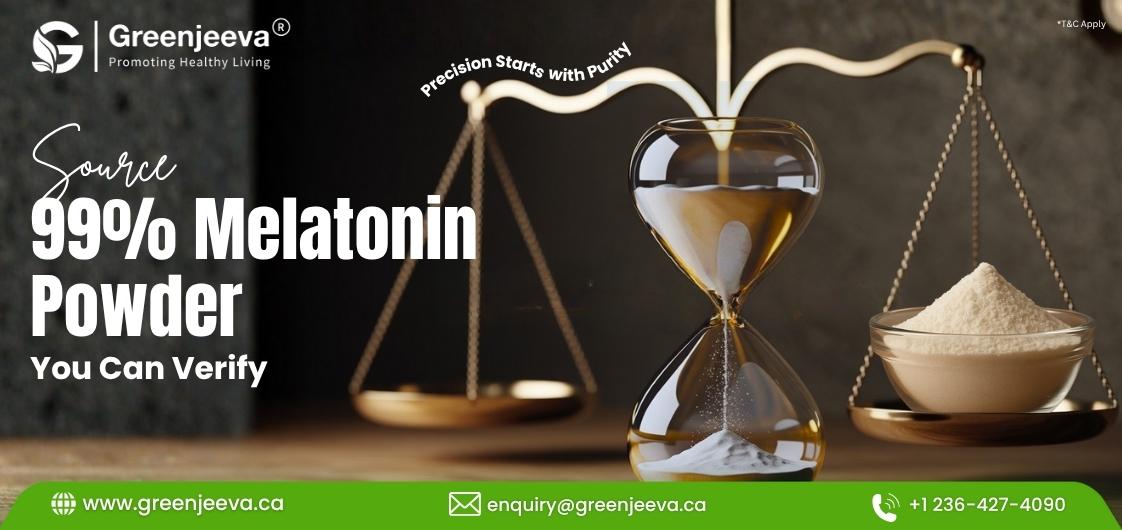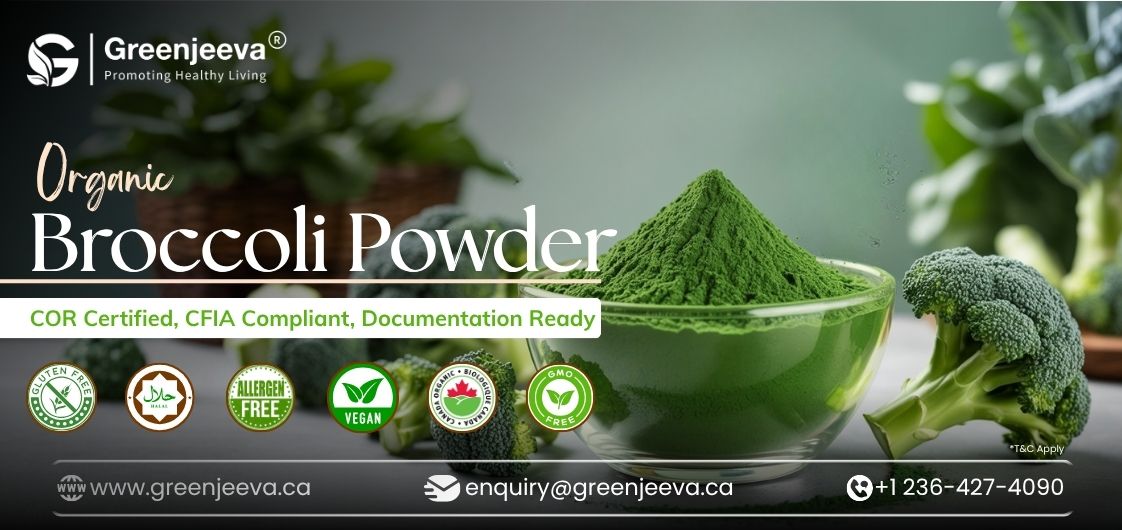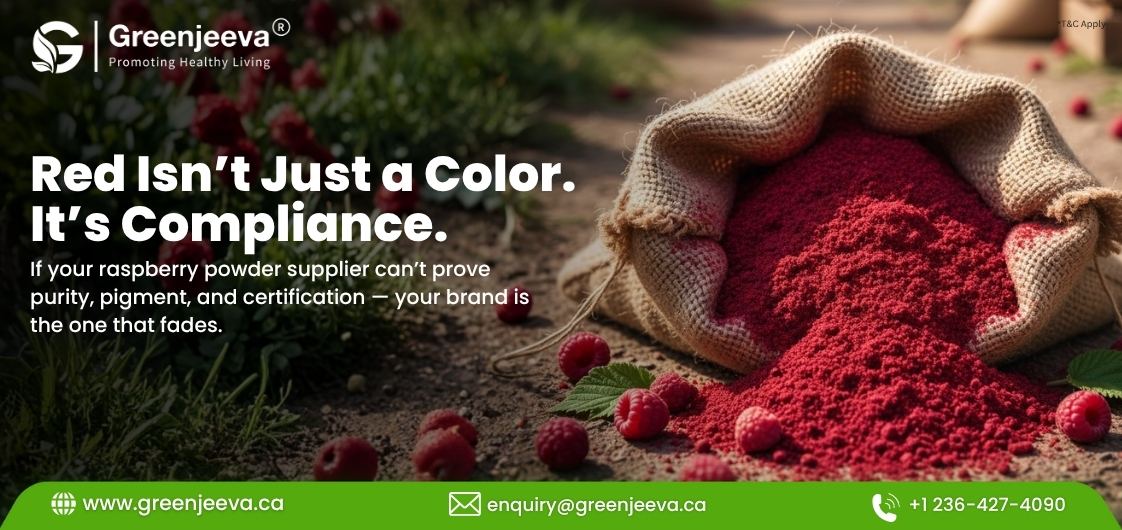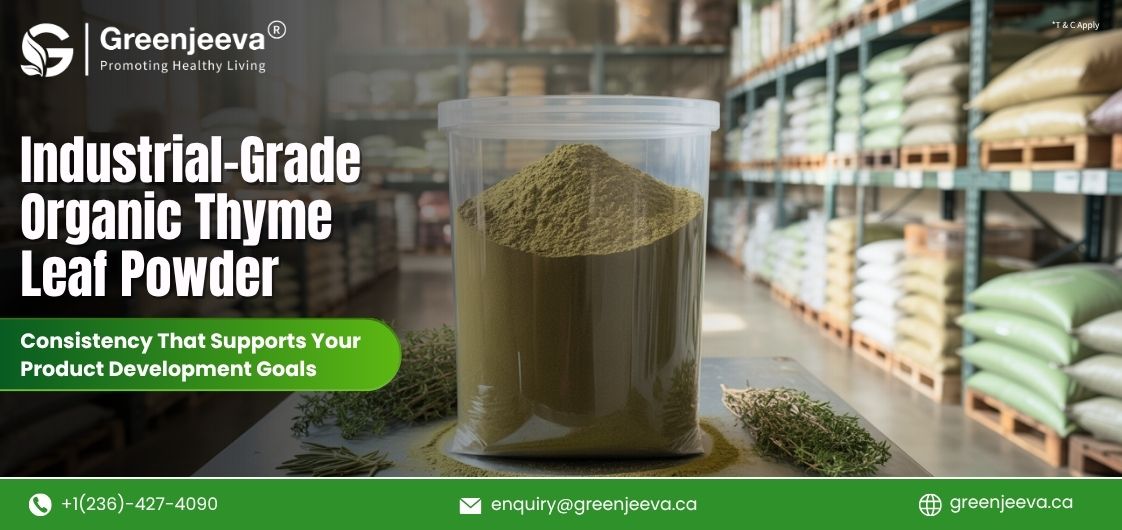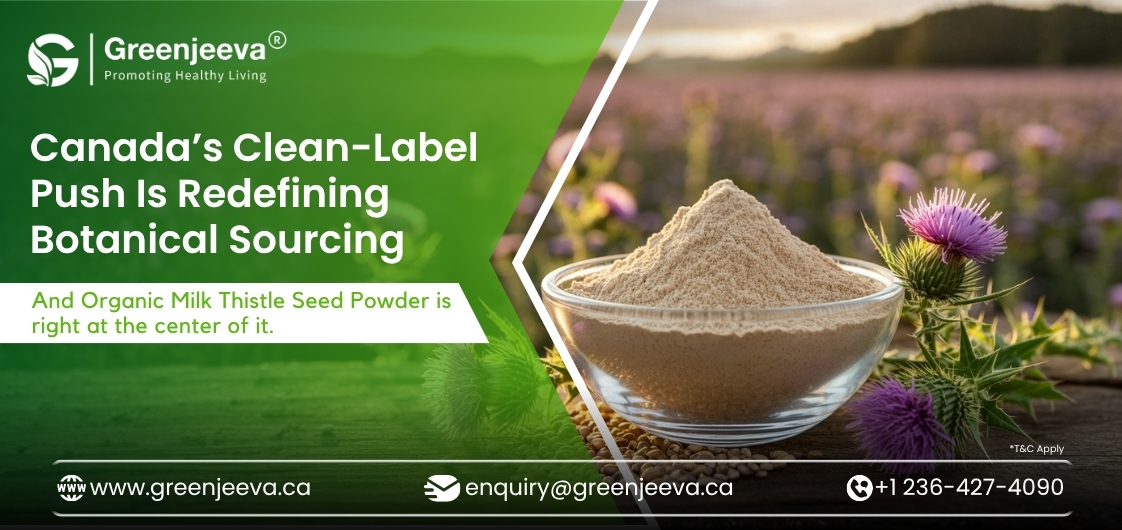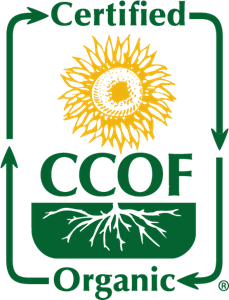Have you ever stood in the aisles of a store, searching for a product that feels pure, transparent, and natural? It’s a growing feeling—a desire to return to ingredients that are as close to nature as possible. Consumers are no longer just looking for products that work; they want products that they can trust. Clean-label products are now in the spotlight, driven by a shift towards transparency and natural ingredients. It’s not just a trend; it’s a movement, one that’s reshaping the way we formulate and consume products.
This seismic shift has manufacturers racing to find ingredients that align with these values. One such ingredient gaining momentum is Acerola powder. Packed with Vitamin C and antioxidants, Acerola powder is emerging as a superior natural alternative to synthetic Vitamin C. In this blog, we’ll dive into why Acerola powder is not only a clean-label superstar but also how it outperforms synthetic Vitamin C in multiple key areas.
Are you already incorporating clean-label ingredients in your product formulations? If not, what’s holding you back?
I. Acerola Powder vs. Synthetic Vitamin C – What’s the Real Difference?
Imagine this: You’re standing in front of a supplement shelf. There are countless options, but two stand out—one contains synthetic Vitamin C, and the other, Acerola powder. You’re looking for something that will work best for your health, something that aligns with your values. So, which do you choose?
Acerola Powder is naturally packed with Vitamin C, and it’s more than just a vitamin; it’s a whole food ingredient that comes with additional benefits. Antioxidants, flavonoids, and polyphenols work together to boost your immune system, fight free radicals, and support overall health. It’s as close to nature as you can get in a supplement.
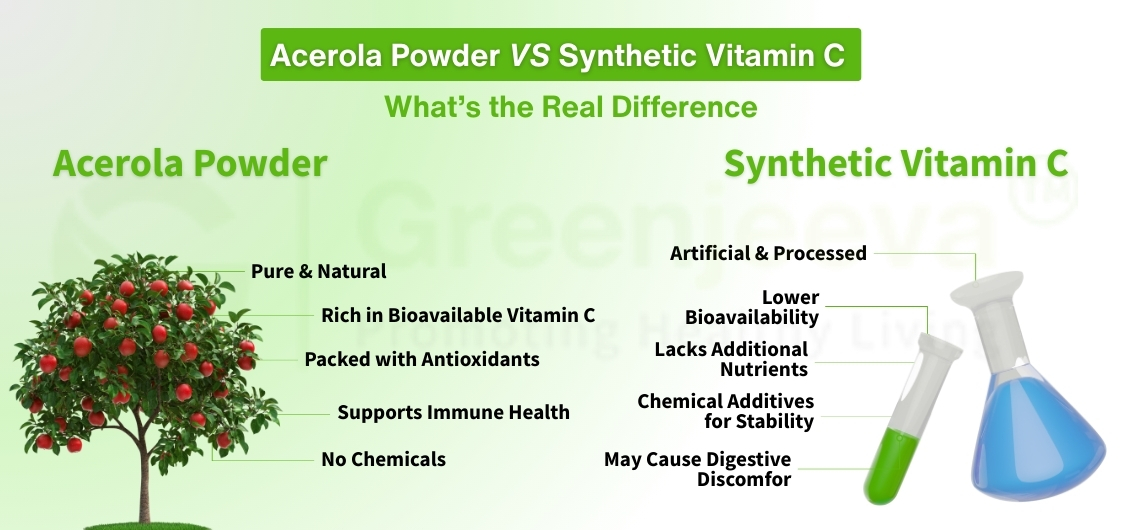
In contrast, synthetic Vitamin C (often referred to as ascorbic acid) is produced through chemical processes. While it does provide a good dose of Vitamin C, it lacks the additional beneficial compounds found in Acerola powder, and often, it requires chemical stabilizers to maintain its shelf life.
II. The Science Behind Acerola Powder – Why It’s a Superior Choice
When it comes to bioavailability, Acerola powder takes the lead. Bioavailability refers to the degree to which your body can absorb and utilize a nutrient. Acerola powder is naturally packed with Vitamin C in its whole-food form, which your body absorbs more efficiently compared to synthetic Vitamin C, which often comes in isolated forms.
Antioxidants Galore: But Acerola isn’t just about Vitamin C. This tropical fruit is loaded with anthocyanins, flavonoids, and carotenoids—compounds that offer even more health benefits. Think of these as little superheroes working to neutralize free radicals, reduce inflammation, and support overall immune health.
Now, picture this: You’re deciding between a synthetic Vitamin C tablet and a bottle of Acerola powder. One is a synthesized chemical form, and the other is a whole-food ingredient rich in bioactive compounds. Which would you trust to protect your body and boost your immune system?
Interactive Challenge: Which type of Vitamin C would you prefer in your next product—natural Acerola powder or synthetic Vitamin C? Why?
III. Clean-Label Products and Acerola Powder – The Perfect Pair
Consumers are demanding ingredient transparency, and clean-label products are taking center stage. This shift towards natural, minimal-ingredient formulations has created a need for ingredients like Acerola powder, which fits seamlessly into clean-label products. Acerola powder is free from artificial additives, preservatives, or chemicals, making it an ideal fit for clean-label standards.
Take a moment to think about the beverages and supplements you buy. From vitamin-rich drinks to immune-boosting capsules, Acerola powder is now being featured as a key ingredient in many products. It provides natural Vitamin C without the need for synthetic additives, aligning perfectly with today’s consumer demands for purity and transparency.
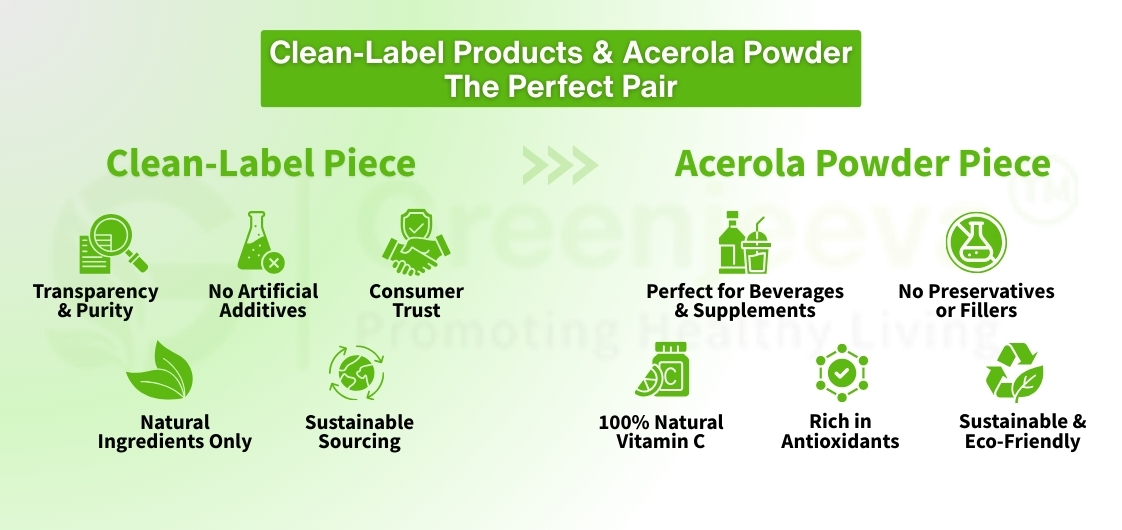
“If you could develop a clean-label product today, would you go for natural Acerola powder or synthetic alternatives? What factors would guide your decision?”
IV. Sustainability: Acerola Powder’s Eco-Friendly Edge
Not only does Acerola powder win in terms of health benefits, but it also offers an eco-friendly edge. The production of Acerola powder is generally more sustainable than synthetic Vitamin C, which is made through energy-intensive industrial processes. Acerola, as a natural ingredient, has a much lower environmental footprint.
Beyond its production, Acerola powder is often sourced from organic, sustainable farming practices. This means that incorporating Acerola powder into your product not only benefits consumers but also aligns your brand with eco-conscious values, something today’s consumers are increasingly prioritizing.
Eco-Friendly Packaging & Sourcing: Many suppliers of Acerola powder now offer sustainable packaging and ethical sourcing, making it easier for companies to align with green marketing strategies and appeal to eco-conscious consumers.
V. Why Acerola Powder Should Be Your Go-To Ingredient for Clean-Label Formulations
Acerola powder is more than just a superior Vitamin C source; it’s a key ingredient that enhances product performance, stability, and health benefits in clean-label formulations. Not only does it provide consumers with a natural source of Vitamin C, but it also supports the clean-label movement by offering a product that’s transparent, sustainable, and free of artificial additives.
One brand found incredible success by swapping synthetic Vitamin C with Acerola powder in its energy-boosting drink. The product not only met clean-label standards but also resonated with eco-conscious consumers, boosting its sales.
VI. Overcoming the Hurdles with Synthetic Vitamin C – Is It Time for a Change?
Synthetic Vitamin C has its place, but it comes with its challenges. Many manufacturers continue to rely on it because it’s cost-effective and easily available. However, chemical additives, stability issues, and consumer mistrust are rising concerns.
Sticking to synthetic alternatives can lead to missed opportunities. Consumers are moving towards products with more natural ingredients, and companies that fail to adapt may risk losing trust and market growth.
Interactive Poll: Do you think using synthetic ingredients in your products could hurt your brand’s reputation in the long run? Vote now!
VII. Conclusion:
The demand for clean-label products is only going to grow, and brands that choose to integrate natural ingredients like Acerola powder are positioning themselves at the forefront of the industry. As consumers continue to demand products that are healthier, safer, and more sustainable, Acerola powder is the perfect solution to meet these needs.
Incorporating Acerola powder in your formulations is not just about improving your product; it’s about building trust with your customers and aligning your brand with the clean-label movement.
Ready to make the shift to clean-label products? Contact us today and let’s explore how Acerola powder can transform your formulations.
Join the conversation! Share your thoughts or experiences with clean-label ingredients in the comments below.


